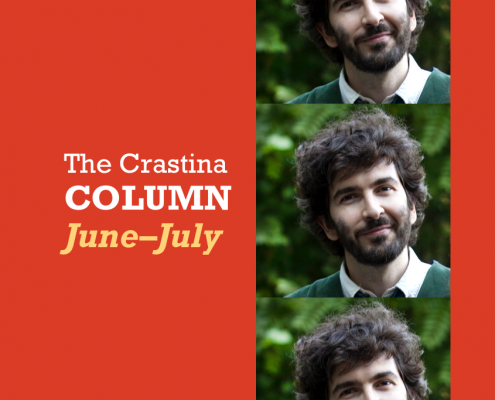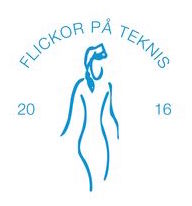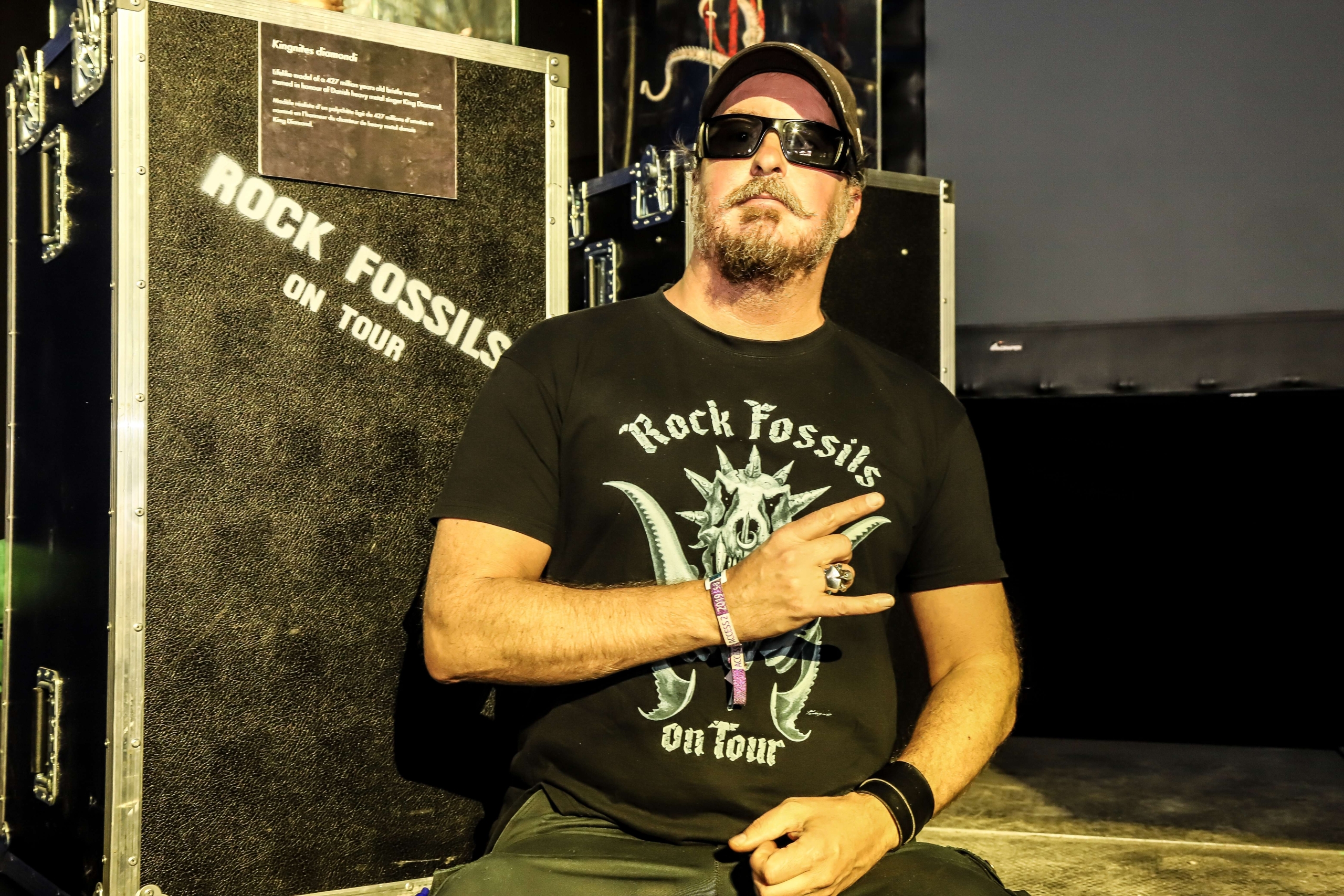Crastina is a platform for the exchange of experience, knowledge and inspiration regarding both scientific peer-to-peer communication and science dissemination
- What? An international network of (mostly young) people who love to communicate science & tech.
- Why? We think science needs to be communicated with more passion and professionalism.
- Where? On our website with interviews & resources + on social media + on Skype and IRL.
- Who? A content group (the Crew), a think tank (the Academy), + lots of friends & contacts.
- When? Right now – as a matter of fact, we’ve just geared up.

Why science should experiment more with comics (Matteo Farinella, June 2016)
It is time to seriously start experimenting with visual narratives!” says Matteo Farinella, neuroscientist and science cartoonist. He is convinced that comics can evolve to a powerful tool for science communication.

Womengineer – working for gender equality in the engineering profession
Womengineer is Swedish non-profit organization with a very ambitious vision: “… by 2030, we want 50% of all graduated engineers in Sweden to be women”. The core of their networking activities is a website [womengineer.org] which “emphasizes…

Swedish trailblazer project has recruited women to tech university for 30 years
Lund University, Sweden, started a recruiting project in 1984 to attract more women to technical educations. Today, 30 years later, the project Flickor på Teknis (‘Girls in Tech’) is still running and with great success.


















